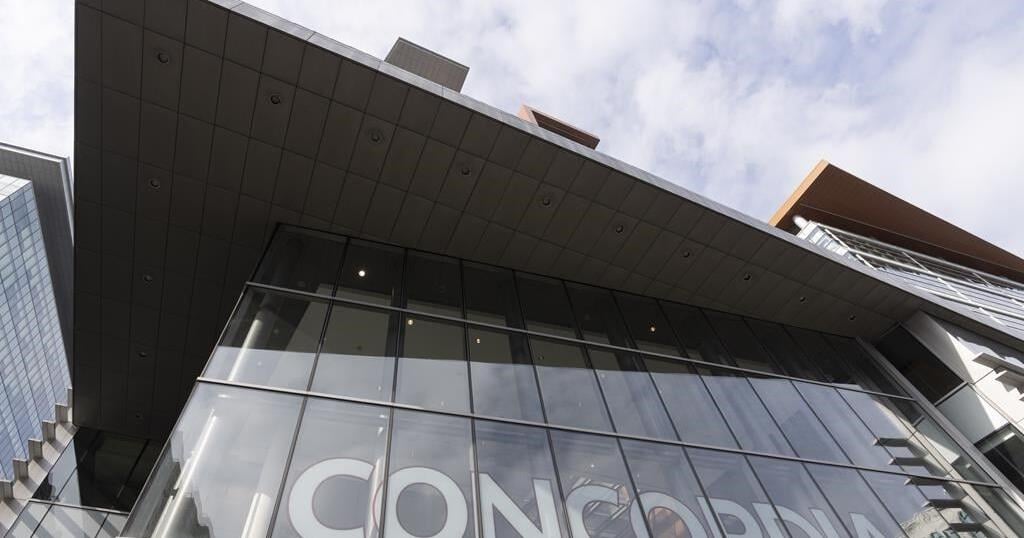MONTREAL – One of Quebec’s three English-language universities is reporting a nearly 30 per cent drop in enrolment of out-of-province students following a controversial tuition hike announced last year by the provincial government.
The president of Concordia University said Wednesday that the decline in new registrations will have a major impact on the institution, and is “clearly” related to the government’s decision to increase tuition for out-of-province students by 30 per cent.
“We’ve never seen anything like it,” Graham Carr said in an interview. “Obviously for the university it’s very problematic in terms of its impact on our financing.”
Concordia says out-of-province enrolment is down 28 per cent this year, while new registrations of international students have dropped by 11 per cent. The decline “will cost us approximately $15 million in revenue that we would otherwise have expected to get,” Carr said.
That hit will be felt for the next several years, Carr added, since students typically spend four years completing an undergraduate degree.
Last October, the province’s Coalition Avenir Québec government announced plans to nearly double tuition for out-of-province students, from $9,000 to $17,000, framing it as an attempt to protect the French language in Quebec. The province assumed that by hiking tuition, fewer students would enrol — and as a result there would be fewer English speakers in downtown Montreal.
The increase was later reduced to $12,000. The government also decided that international students’ tuition would be set at a minimum of $20,000.
Concordia has seen declines in enrolment since the pandemic, but Carr said the major drop in out-of-province students this year is “clearly uniquely related to the government of Quebec increasing tuition for rest-of-Canada students.” He said prospective students were confused about how much they were going to have to pay, given the government’s changing plans. Last fall, the university reported a 27 per cent drop in applications from Canadian students outside Quebec.
Carr said overall enrolment at the university is down four per cent this year. Out-of-province students typically make up nine or 10 per cent of the student body, while 21 to 24 per cent are international students, he said.
Last spring, Concordia reported a $30.9-million deficit for its 2023-24 fiscal year, and said it would need to cut costs by nearly $36 million in 2024-25. The university has an ongoing hiring freeze. “But clearly the added burden of trying to make up a $15-million loss is significant, and it’s not something that you can address overnight,” Carr said.
He said students may see fewer sections offered for certain courses and strict thresholds for the number of students that must be registered in a course for it to be held.
Carr said the university is looking at ways to boost its enrolment in future years, including by recruiting international students from francophone countries who are eligible to pay lower tuition than other international students in Quebec.
Concordia and McGill University, Quebec’s two largest English-language universities, have both fought the tuition hike since it was announced last year. Bishop’s University in the Eastern Townships region has been exempted from the increase.
The two Montreal universities are suing the Quebec government over the new tuition policy, which they say constitutes discrimination under the Canadian Charter of Rights and Freedoms. Concordia’s court hearing will take place in December, Carr said.
A spokesperson for McGill said the institution won’t have its final enrolment numbers until October, but the university said last December it was seeing a 20 per cent drop in out-of-province applicants.
Higher Education Minister Pascale Déry told reporters in Quebec City Wednesday, “These were decisions that we took. They were difficult decisions, but they were necessary.” As the matter is before the courts, she added, “I’ll avoid further comment.”
This report by The Canadian Press was first published Aug. 28, 2024.
